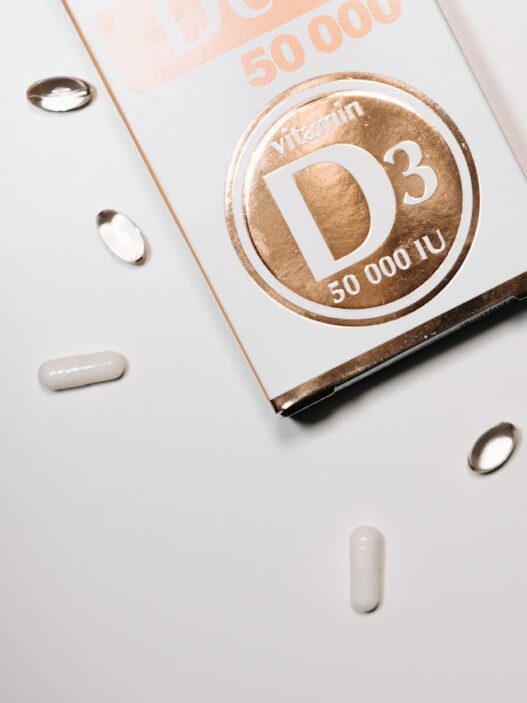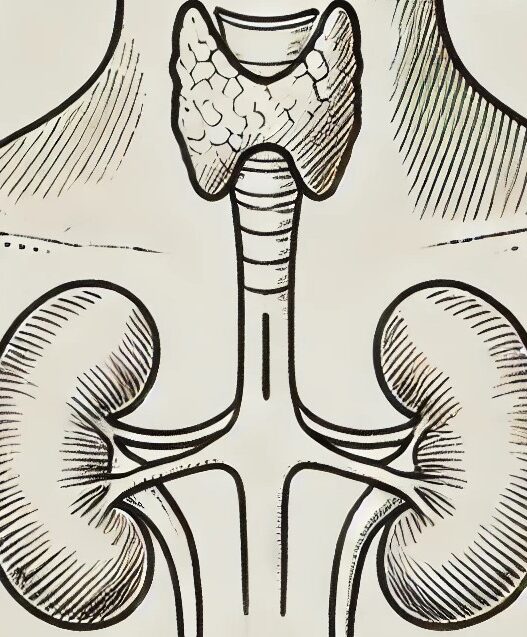In recent years, the Gut Autoimmune Connection has become a focal point of medical research and holistic health conversations. As someone who has walked the path of managing autoimmune conditions like Hashimoto’s and autoimmune gastritis, I’ve seen firsthand the profound impact of nurturing gut health as part of a larger journey toward wellness. In my book, From Pain to Wellness: Overcoming Autoimmune Diseases, An Undisclosed Epidemic, I explore this intricate relationship, detailing insights that might just shift the way you think about healing.
Understanding the Gut Autoimmune Connection
Our gut does far more than digest food; it houses a vast community of bacteria and immune cells that work together to keep our body in balance. When the gut lining becomes damaged it allows toxins, bacteria, and undigested food particles to escape into the bloodstream. This condition is known as “leaky gut” or increased intestinal permeability. For those with autoimmune diseases, this often acts as a trigger. It is setting off an immune response that mistakenly attacks the body’s tissues.
The concept of “leaky gut” (increased intestinal permeability) plays a significant role in autoimmune diseases. When the gut lining becomes compromised, toxins, bacteria, and undigested food particles can enter the bloodstream, triggering an immune response that may attack the body’s own tissues. The “Leaky Gut as a Danger Signal for Autoimmune Diseases” discusses how compromised intestinal permeability, or leaky gut, may trigger autoimmune conditions.
Gut health plays such a pivotal role in immunity. It is that often called the “second brain”. An unhealthy gut may be one of the root causes of autoimmunity. Healing it can be key to managing symptoms and achieving long-term wellness.
What Compromises Gut Health?
A variety of factors can lead to poor gut health, especially for those with autoimmune diseases:
- Dietary Choices: Diets high in refined sugars, processed foods, and inflammatory ingredients like gluten can damage the gut lining and disrupt the balance of gut bacteria.
- Stress: Chronic stress is a significant factor in gut dysfunction. Stress-induced changes can impact the gut barrier, allowing for increased permeability and potentially triggering autoimmune flares.
- Medications: Certain medications, particularly antibiotics, NSAIDs, and proton pump inhibitors (PPIs), can deplete beneficial gut bacteria or damage the gut lining.
- Infections and Toxins: Exposure to pathogens, environmental toxins, and pesticides can disturb gut health and activate an immune response, especially in those genetically predisposed to autoimmune diseases.
Healing the Gut: A Key Strategy in Autoimmune Wellness
In my journey with Hashimoto’s and autoimmune gastritis, addressing gut health was a transformative step. Gut Autoimmune Connection” explores how gut health impacts autoimmune diseases and offers healing strategies for improved wellness. Here are some strategies that I found effective. Many of them are discussed in my book and have also gained recognition in functional medicine:
- Adopt a Gut-Healing Diet: Choosing foods that soothe and repair the gut lining can significantly reduce symptoms. Diets like the Autoimmune Protocol (AIP) remove common inflammatory foods, such as grains, dairy, and nightshades, while emphasizing nutrient-dense foods that help rebuild the gut.
- Incorporate Bone Broth and Fermented Foods: Bone broth is rich in collagen and amino acids that support gut lining repair. Fermented foods, such as sauerkraut and coconut yogurt, provide probiotics to maintain a healthy balance of gut bacteria.
- Manage Stress Levels: Techniques like mindfulness, meditation, and gentle movement can greatly reduce the impact of stress on the body, helping to maintain a strong gut barrier.
- Supplement Wisely: Probiotics, prebiotics, and L-glutamine can all aid in supporting the gut microbiome and strengthening the gut lining. Always consult with a healthcare provider before introducing supplements, especially with autoimmune conditions.
- Personalized Care and Monitoring: Autoimmune diseases are complex, and there’s no one-size-fits-all approach. Working with a functional medicine practitioner can help tailor a plan that meets your unique needs.
Why Gut Health Is a Long-Term Commitment
Healing the gut isn’t a quick fix; it’s a commitment to lifelong wellness. This process takes time and consistency but can yield transformative results. As I detail in From Pain to Wellness, embracing gut health as a foundation of healing has not only helped me manage my autoimmune symptoms but also improved my energy, mental clarity, and overall quality of life.
Final Thoughts on Gut Autoimmune Connection: Your Journey, Not a Sprint
Autoimmune diseases require patience and a holistic approach to management. Strengthening gut health can be a powerful way to influence how your body reacts to autoimmune triggers, opening doors to improved well-being and greater resilience. If you’re on a journey similar to mine, know that each step toward healing your gut is a step toward a healthier, more empowered you.
Healing is indeed a journey, not a sprint. When it comes to managing autoimmune conditions, focusing on gut health can be the first and most impactful step. By understanding, nourishing, and protecting this essential part of your body, you’re giving yourself the foundation needed to thrive.




















